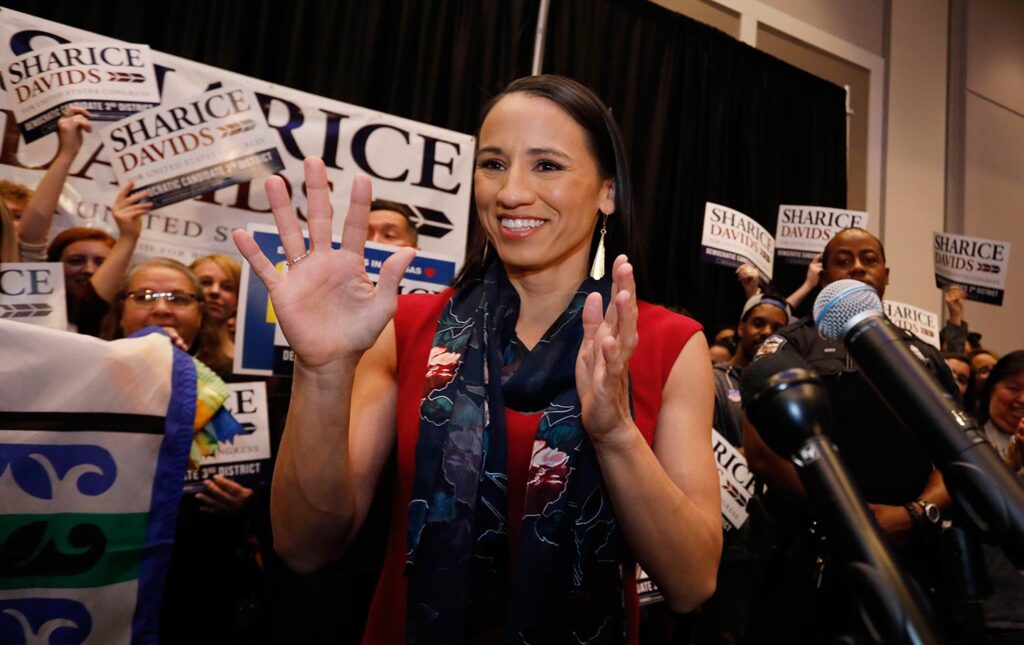Nearly 30% of LGBTQ Women Candidates Deterred from Office Bid Due to Gender and Identity Obstacles

In a groundbreaking report released Wednesday, the LGBTQ+ Victory Institute and Loyola Marymount University’s LGBTQ+ Politics Research Initiative shed light on the daunting challenges faced by LGBTQ women candidates in the realm of electoral politics. The findings reveal a stark reality: nearly 30 percent of LGBTQ women aspirants encountered discouragement rooted in their gender or gender identity, highlighting systemic barriers that hinder their political ambitions.
The report underscores the critical importance of gender diversity in government and the urgent need to address the disparities faced by LGBTQ women candidates. According to the findings, LGBTQ women were four times more likely than their gay and bisexual male counterparts to be dissuaded from running for office due to their gender or gender identity. Moreover, LGBTQ women candidates were disproportionately targeted with attacks on their personal appearance, with over 40 percent reporting such incidents compared to 27.8 percent of gay and bisexual men.
Annise Parker, president and CEO of the LGBTQ+ Victory Institute, emphasized the significance of supporting LGBTQ women in their pursuit of political office. “The data unequivocally demonstrates the uphill battle LGBTQ+ women face in electoral politics,” Parker remarked. “Despite the obstacles, LGBTQ+ women must continue to claim their seat at the table by running for office.”
The report’s release coincides with a pivotal moment in American politics, marked by the historic 2022 midterms that witnessed a record number of openly LGBTQ candidates securing electoral victories. Among them is Massachusetts Governor Maura Healey, who made history as the nation’s first openly lesbian governor, underscoring the transformative power of LGBTQ representation in government.
As the political landscape continues to evolve, the imperative to champion LGBTQ women candidates and dismantle systemic barriers remains paramount. The data from the report, compiled from a survey of 473 American LGBTQ candidates, including 147 women, reinforces the urgency of fostering inclusivity and diversity in elected offices.
In the words of Parker, “It’s on all of us to help level the playing field for LGBTQ+ women candidates by recruiting and supporting them, calling out media bias and holding bigots accountable.” As advocates and allies, it is incumbent upon us to amplify the voices of LGBTQ women and ensure their full participation in shaping the future of our democracy.
